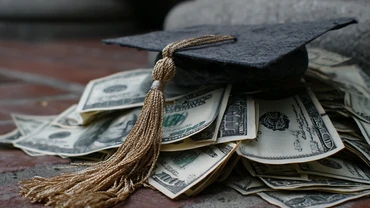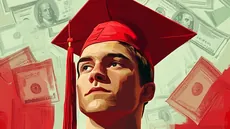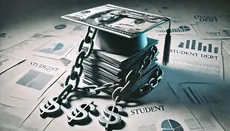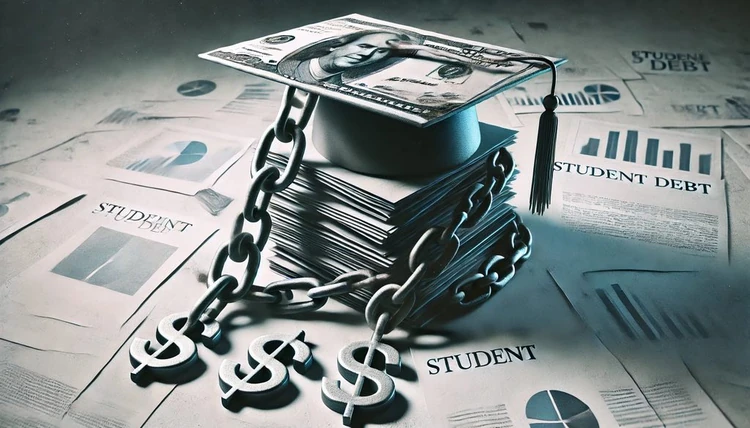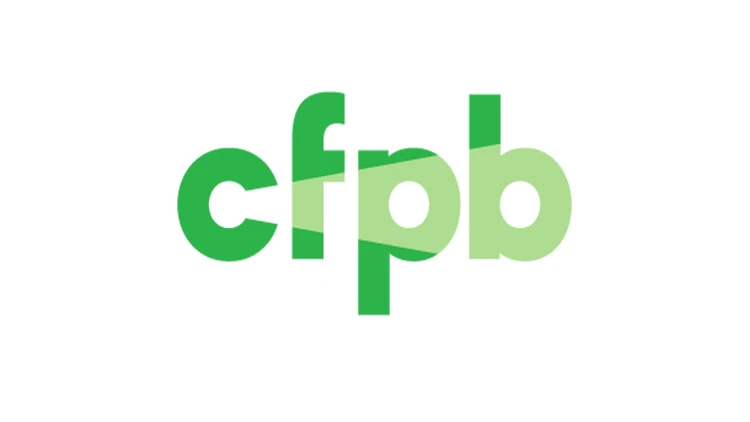The Consumer Financial Protection Bureau (CFPB) has released a special report on illegal activities in the student loan market. The report highlights violations related to student loan refinancing, private lending, servicing, debt collection, and federal loan servicing.
Student loans, which amount to over $1.7 trillion in debt, are a significant financial issue in the U.S. Recently, many borrowers faced challenges as they returned to repayment after the COVID-19 payment pause ended. The CFPB found several illegal practices:
- Misleading Borrowers About Refinancing: Some lenders misled borrowers about losing federal protections when refinancing federal loans and failed to follow instructions for consolidating loans.
- Deceptive Private Lenders: Some lenders denied benefits to eligible borrowers and falsely advertised loan benefits, such as autopay discounts and job-related payment suspensions.
- School Misconduct Claims: Some servicers failed to properly address borrowers’ claims of school misconduct, such as misleading them about their right to challenge loans.
- Illegal Collection Tactics: Certain contracts allowed schools to withhold academic transcripts or threaten legal actions against students in default.
- Problems with Federal Loan Servicers: Federal loan servicers failed to provide accurate billing statements and made errors in processing applications for income-driven repayment plans.
The CFPB has directed companies to correct these violations and, when necessary, opened investigations for enforcement. This report is part of ongoing oversight of the student loan market and reflects the CFPB’s effort to protect borrowers from unfair practices.
